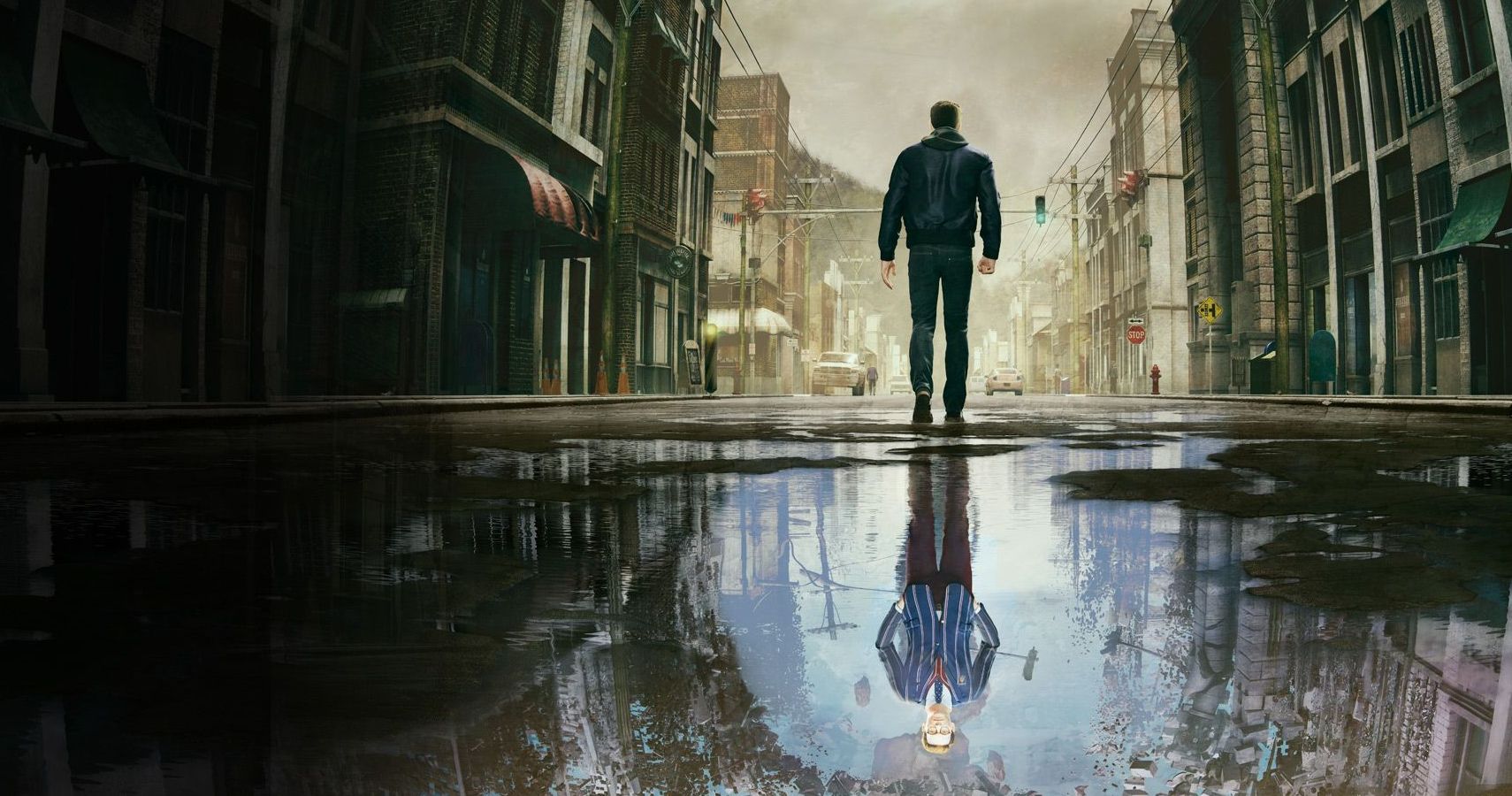
What we do know is that you got to your motel room in a mess, dropped your stuff, staggered into the bathroom and noticed the blood. What happened last night then? Well, we don't know how the blood got there. It's driven by looking at what should be the biggest clue - the shirt. Eventually, you'll figure out what happened before you passed out.
#TWIN MIRROR GUIDE TV#
What did you do before going to bed? Did you watch some TV? No, the TV would still be on. Check the TV and remote, look at your bag containing two unnamed handheld consoles (Vita and 3DS? Maybe a Switch!). That text could be very important to the events before the hotel room, though that's not in the scope of this demo. In your somewhat unstable state, you angrily threw it at the wall. You didn't realise the battery was on 1%, the phone died. Naturally, you received a text and attempted to phone the person up. Of course, neither of the above is a hypothesis featured in the game, but there are a few to check. That's for you to figure out, testing each hypothesis in your head until one is plausible. How did the phone hit the wall with such force? Were you frustrated by a particularly difficult match on Command and Conquer Rivals and threw it out of anger? Maybe the phone became sentient and decided to end it all.

Find a mark on the wall, look down from there's your mobile phone, in a very bad way. Letting you piece together the events that lead up to whatever situation you're in. As you find more clues in the real world, more options become available in the mind palace. You can swap between the mind palace and real world at whim. Then, following the firing of that one currently working neuron, you realise that you couldn't have done that - you'd still have your shirt on. Initially, you have the assumption that you stumbled into the motel room and passed out in bed.
#TWIN MIRROR GUIDE PLUS#
Certainly a lot easier than physically moving everything around - plus you don't have to put everything back when you inevitably mess up. In the mind palace, you try to piece together the events of what happened based on what you find in the real world. How will you do that? By entering your mind palace of course! How did it get there? That's what you're going to figure out. Now there are some very important questions. It's an unnerving sight, your voice is shaking as you ask what's happened. Either you went rolling around in a slaughterhouse or you've murdered a particularly bleedy haemophiliac. Your white shirt is in the sink and it's a mess. I like him anyway, he was right when he told me not to go into the bathroom. Is Al the visible manifestation of an alternate personality of Sam? Is it Sam's brain just trying to reason with him or guide him? What exactly he is, well I don't know and the developers weren't wanting to spoil the surprise. Officially he's called 'The Double', but I prefer Al.

This is the mysterious man that lives inside of Sam's brain. Wait, what? He doesn't exist? Indeed he doesn't. After all, he can't stop you - he doesn't exist. Naturally, you'll tell him that you won't listen to him. A strange man stops you, recommending that you don't go in there. Upon waking up you groggily get up and attempt to head to the bathroom. You play as Sam, an investigative journalist with a seriously sore head. The puzzle in question for this Twin Mirror demo is "What in the hell happened last night?", though how it starts alludes to more.

Rather than entering your mind palace and remixing memories to meet your goal, as in Dontnod's debut title, Remember Me, you're going into this to solve a puzzle. The latter two in particular from the main gameplay element, Sam's 'Mind Palace'. It comes across as Alan Wake meets Sherlock with a side of Twin Peaks and Remember Me. What's immediately captivating about Twin Mirror is the story, or rather the potential story.


 0 kommentar(er)
0 kommentar(er)
